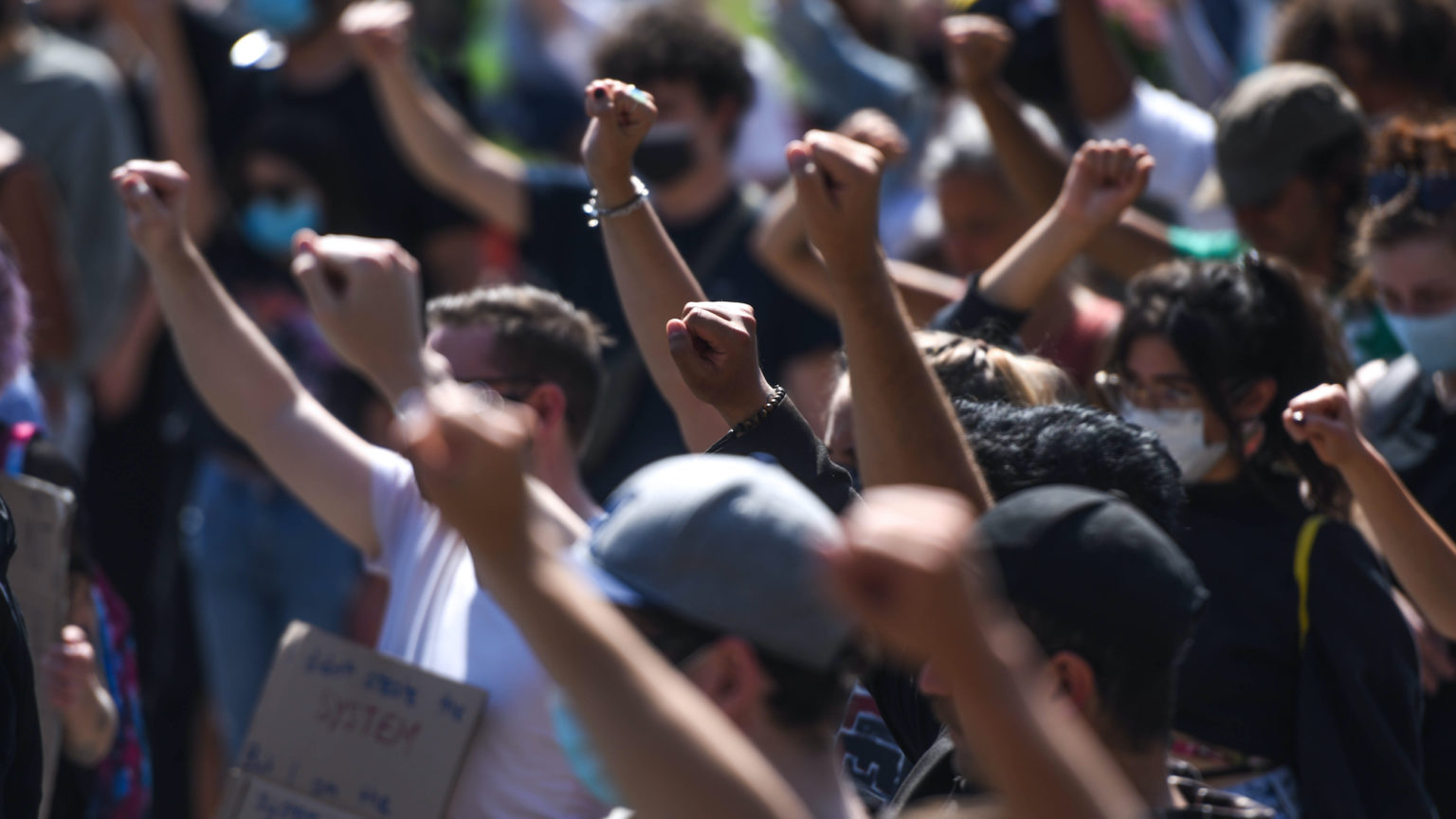Even my bigoted critics deserve free speech
An academic has been sacked over tweets calling me a ‘house negro’. This is nothing to celebrate.

Freedom of speech is the foundation of any free society. It is always best to challenge or ridicule bad ideas, rather than leave them to fester. No Platforming and censoring opposing voices only leads them to thrive underground.
It is for that reason that I haven’t joined in the demands for academic Aysha Khanom to lose her job. Leeds Beckett University has cut ties with Khanom after an organisation she runs, the Race Trust, racially abused me on social media.
Earlier this year, I appeared on BBC One’s The Big Questions to discuss the state of racism in the UK. I spoke about how I have been racially abused for not holding the ‘correct’ opinions. In response, the Race Trust tweeted: ‘Does it not shame you that most people see you as a house negro?’
Khanom maintains that the ‘house negro’ tweet was not sent by her, though she accepts responsibility for it. Either she or someone at her organisation was clearly comfortable using such racist language in public. The good news is that the tweet was rightly challenged and ‘ratioed’ by the masses on Twitter.
Since then, Leeds Beckett University has stopped working with Khanom because she used ‘racist language’. The university also cited another tweet in which she used the word ‘coconut’. Now she is suing the university for breaching her right to free speech. Isn’t it funny how the woke left suddenly supports free speech whenever its free speech is under attack. Whatever happened to ‘freedom of speech does not mean freedom from consequences’?
While it is important to defend the right of people to air outrageous views, we should also recognise that insults get us nowhere. The real shame is that Khanom or the Race Trust did not try to challenge my politics or arguments. I’m none the wiser as to why I’m supposed to be a ‘house negro’, or why this is apparently what ‘most people’ think of me. These attacks haven’t persuaded me to alter my worldview or to have any more sympathy with the critical race theory branch of identity politics.
Khanom told the Guardian that her words were ‘meant to be offensive… They are meant to make someone feel uncomfortable’, which seems an apt way to describe a racist insult. But Khanom’s lawsuit will argue that these insults are protected by the Equality Act and that she was actually challenging racism.
So how can Khanom and her organisation say things that are plainly racist while posing as ‘anti-racist’? According to the critical race theory view of racism, people of colour cannot be racist. Of course, most people understand that anyone can be racist, just as anyone can be the victim of racism. Racism is about prejudice or discrimination based on ethnicity. It is not the preserve only of white people.
In my eyes, what’s most worrying about this incident is that Khanom’s organisation was set up to promote this critical race theory view – or what it calls ‘race literacy’ – in schools and universities. Sadly, this is what passes for ‘anti-racism’ today. Is this really the kind of worldview we want to indoctrinate our young people into?
The rise of identitarian racism should definitely worry us, but we won’t be able to challenge it openly if its defenders aren’t free to express themselves.
Calvin Robinson is a writer and commentator. Follow him on Twitter: @calvinrobinson.
Picture by: Getty.
To enquire about republishing spiked’s content, a right to reply or to request a correction, please contact the managing editor, Viv Regan.








Comments
Want to join the conversation?
Only spiked supporters and patrons, who donate regularly to us, can comment on our articles.